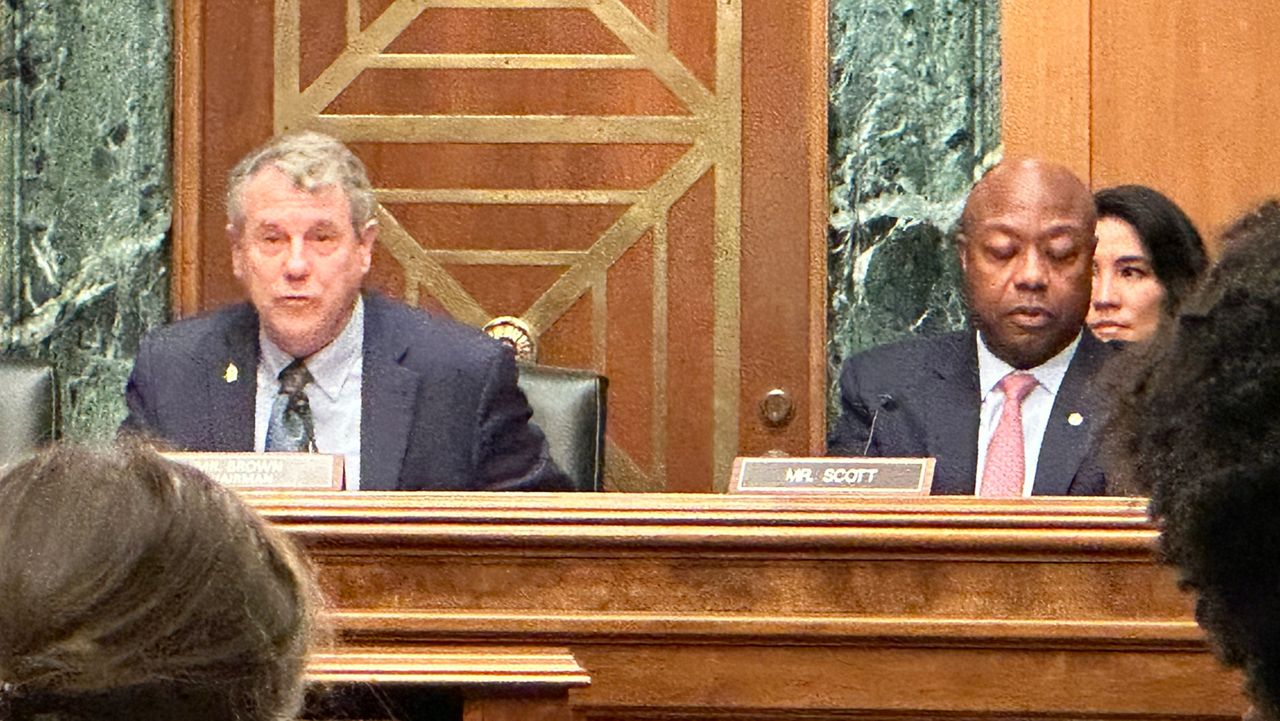COLUMBUS, Ohio — One Republican lawmaker from southern Ohio is trying to get rid of the state’s existing laws affecting people who are living with HIV.
Two proposals are expected to be introduced at the Ohio Statehouse within the next few weeks. One would repeal a law that makes it illegal for anyone with HIV to donate or sell their blood. The other proposal addresses several stipulations, including one that currently requires those with HIV to alert an intimate partner that they have the disease.
Over the past four decades, medical research has helped develop treatments that could prevent someone with HIV from spreading the disease.
"Essentially, if somebody is taking their antiretrovirals, somebody with HIV is taking their antiretrovirals, they maintain an undetectable viral load in their blood, then it doesn't matter if when they're sexually active, for example, if there is no condom use with their partners, because the risk of transmission to that partner is zero," said Dr. Carlos Malvestutto, a physician at the OSU Wexner Medical Center.
"Ever since 1999, nearly 325 million units of donated blood have been collected in the U.S., and only five transfusion transmitted HIV infections have happened," State Rep. Sarah Carruthers, R-District 47, said.
Even if the proposal becomes law, it is unclear whether someone with HIV would be able to donate blood. According the American Red Cross's website, the organization currently prohibits anyone with HIV from donating blood. Malvestuto says the advancement in technology should ease the concern some people could have regarding the virus.
"All blood that is donated is screened for HIV," Malvestutto said. "So, there is no problem with that. It's not that the blood is then going to make it onto the the pool of possible blood that somebody could get."
Carruthers is the only lawmaker who is sponsoring the bills and did not ask for a cosponsor. The proposals were supposed to be introduced a few weeks ago, but Carruthers said she is hoping to introduce the bills at some point in the near future.









